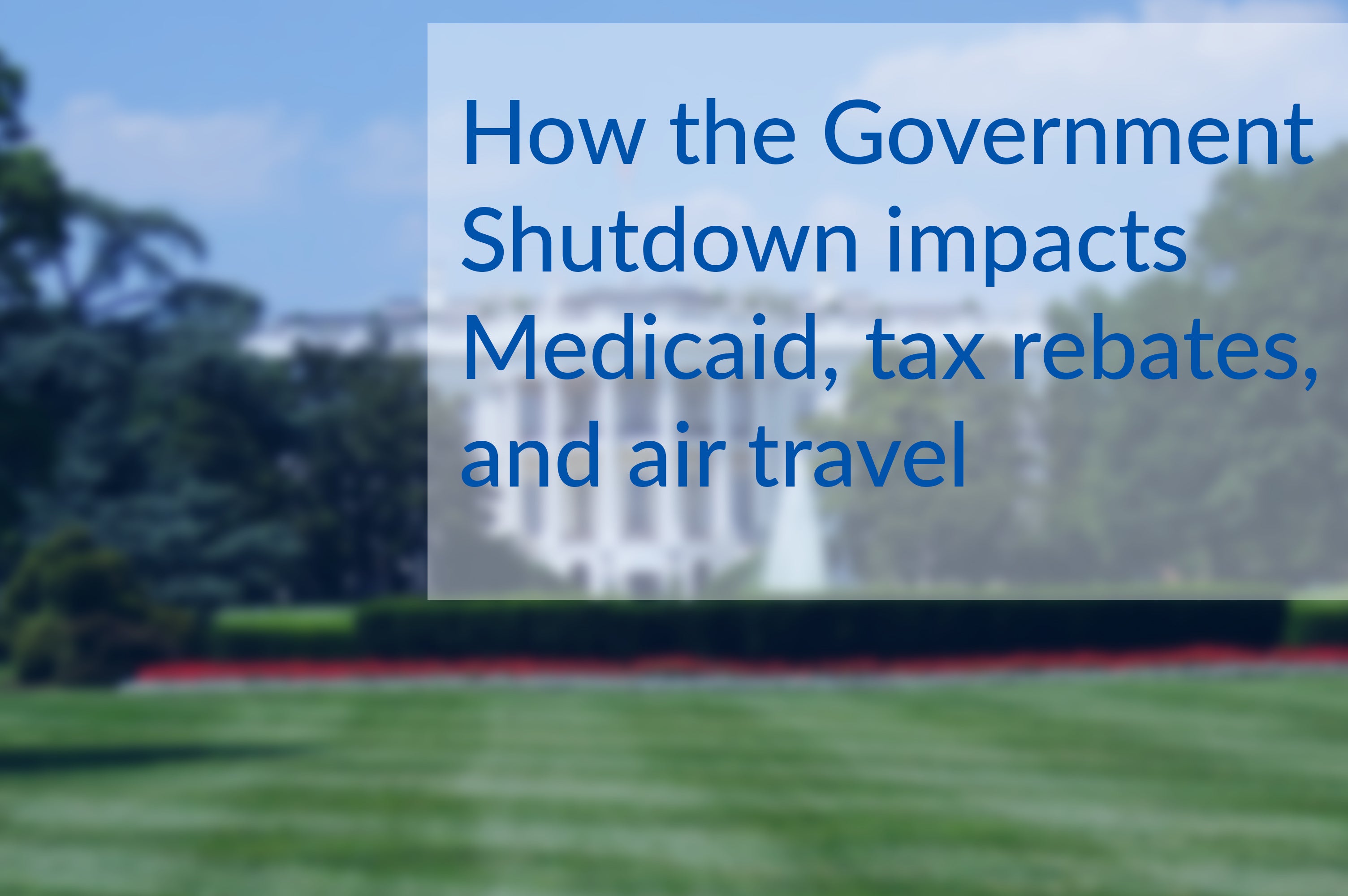Beware: New Medicare Scam
 Patients with diabetes are being targeted in the latest Medicare scam—one that’s especially worrisome because the fraudsters appear legitimate since they actually know the name and address of doctors who treat their intended victims.
Patients with diabetes are being targeted in the latest Medicare scam—one that’s especially worrisome because the fraudsters appear legitimate since they actually know the name and address of doctors who treat their intended victims.
“We have no idea how they have this information,” says Tamra Simpson, program director of the Senior Medicare Patrol at the Indiana Association of Area Agencies on Aging (IAAAA). “But in each call we know about, the caller knows the name of the [recipient’s] doctor—and they usually cite the [doctor’s office] address.”
Such information could come from stolen medical records or from records of patient conditions kept by pharmaceutical companies and other medical product suppliers—records that have been accessed by scammers.
The bait behind these calls is nothing new—an alleged offer for free medical supplies, which in this case is a promise of diabetes testing equipment and other medical goods. And the hook is the same: to get the beneficiaries’ Medicare number, which, of course, is that person’s Social Security number.
In the past two weeks, at least eight residents from across Indiana—all with diabetes—reported to the IAAAA that they had received phone calls asking for their Medicare numbers. Complaints of similar calls have been reported from every area code in Indiana.
At least one Californian also received a similar phone call.
In each case, Simpson notes, the caller specifically asks these Medicare beneficiaries if they have diabetes.
In some cases, the callers—who also already know the recipient’s name, address and phone number—also request the maiden name of the patient’s mother, allegedly to “verify” their identities.
So far, the phony calls have originated from Florida, but as of Thursday that number was disconnected. The callers appear to have a foreign accent, says Simpson, and have sometimes identified themselves as calling from “Med-care.”
This new scam comes on the heels of others tied to the $250 “doughnut hole” rebate checks, which are now arriving to eligible Medicare recipients. The first batch of those checks was mailed June 10, to about 80,000 people, and will continue monthly throughout 2010. Those checks are sent automatically—with no forms or other action needed—once Part D enrollees have spent at least $2,830 out of pocket on prescription medications since Jan. 1.
Some scam callers posing as government workers say the checks will be issued only after Medicare numbers are confirmed with them. Other scams involve false claims from unscrupulous insurance agents who say additional policies are needed under health care reform. The bottom line: Never provide your Medicare number or other personal information to an unknown caller. And don’t be fooled into buying a supplemental policy tied to the rebate checks. Such policies can be useful but aren’t required in order to receive the $250.
If you are contacted about this new scam, or any other Medicare inquiry, report it to that agency at 1-800-MEDICARE (1-800-633-4227) as well as your local Area Agency on Aging at 1-800-986-3505.
Courtesy of AARP
- Professional Medical














Comments 0